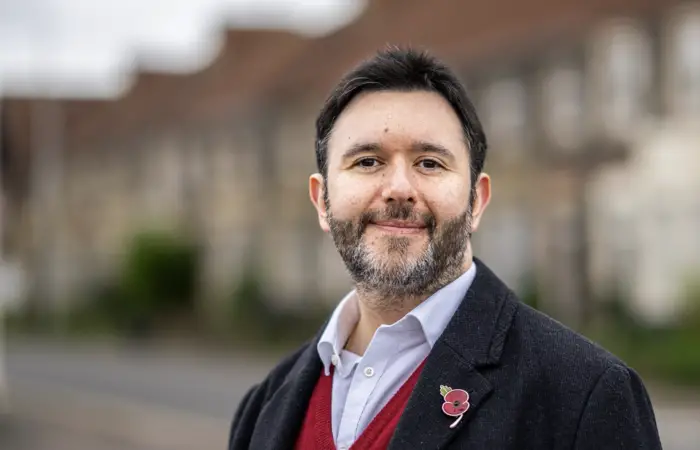Pharmacists refusing involvement in assisted dying must refer to ‘appropriate practitioner’, says Labour MP
In News
Follow this topic
Bookmark
Record learning outcomes
The Labour MP and pharmacist Sadik Al-Hassan, one of a group of MPs who have written to other MPs urging them to support the assisted dying bill, has said pharmacists who object to taking part in the process if it becomes law must refer a terminally ill patient “to an appropriate practitioner.”
In an interview with Independent Community Pharmacist, Al-Hassan (pictured) said assisted dying “needs to go down exactly the same route” as contraception whereby pharmacists who refuse to provide emergency hormonal contraception must arrange a referral to another health professional “if appropriate.”
He said when it came to assisted dying, one person’s personal beliefs should not prevent them “helping a small cohort of people who need a choice other than suffering.”
When asked if pharmacists generally should have the freedom to choose whether or not to supply end-of-life drugs to terminally-ill people, Al-Hassan said: “Yes, but this needs to go down exactly the same route as what we do when we do contraception. There needs to be an element of being able to refer to an appropriate practitioner.
“I do provide the contraceptive pill if requested and under the right circumstances but if I wasn’t going to, I would have to refer them to an appropriate place that does. That is the requirement in there if you object. That is going to be the same, not just for pharmacy professionals, but the wider medical profession.”
When asked if he personally would be comfortable supplying end-of-life drugs as a pharmacist, Al-Hassan, who is Muslim, said: “Having spent two decades (in pharmacy), it has really coloured my opinion on this and, actually, I would.
“I would see it in the same way as when I’m helping people with all their medicines. I’d make sure they get the best advice with the information I have at the time to get the best use out of their medicines.”
The bill has its second reading on November 29 and MPs will have a free vote. Al-Hassan said if it becomes law, it will apply to “a very, very small cohort of people per year who are in a very tragic situation with no help.”
“You’re talking probably 40 patients per year. It’s not an all-encompassing Bill to help everybody in their life. This is helping a small cohort of people who need a choice other than suffering,” he said.
“A lot of the campaigns out there at the moment that oppose this bill seem to be focusing on a wide element of society. They all seem to be shouting that this could affect their cohort. You know, disabled campaigners saying disabled people will be forced to die.
“You’ve got lots of other groups saying ‘this will force our members (to die).’ Actually, this is a very targeted, very small measure to help people where palliative care has failed. As a society, everyone needs to weigh up what they think they would do in that situation.
“But if you have the ability to help someone who is suffering who cannot get help any other way, what does it say about our society if we say ‘no?’”
Al-Hassan suggested that “from a professional aspect, it’s a problem we’ve already solved” in community pharmacy.
“If you look at contraception and religious objection, this problem has already been solved. From my point of view, as a Muslim and a healthcare professional, somebody’s belief shouldn’t take away somebody else’s choice," he said.
“We have always been a country that considers choice to be a fortune. In history, time and time again in this country, we have been a progressive voice in the world for fairness and equality, and I think people deserve the same dignity in life as they do in death.”
I know exactly how that feels for the family. I’ve seen it time and time again
Al-Hassan said he was well placed to offer his observations on assisted dying having had experience of it during his time as a pharmacist.
"I know this legislation we’re proposing is not going to be a solution for all of these problems but I think there’s a really valuable element for a very small cohort of people per year where palliative care fails," he said.
“Looking at it from a healthcare professionals’ point of view, who has more experience interacting with this patient group than us? I have, over my career, had many patients receive their ‘just in case’ medications from my service, I had conversations with them, I had conversations with the family before and had conversations with the family after.
“Every pharmacist will know this, that bit where a relative drops off the medication you gave out the week before. It’s an incredibly emotive topic. As a politician during the election campaign, I knocked on doors.
“Even in that short campaign from when Rishi (Sunak) called the election just after I was selected, two of the doors I knocked on had a husband in one and a wife answer the door, whose partner was upstairs with 72 hours or less. I know exactly how that feels for the family. I’ve seen it time and time again."

